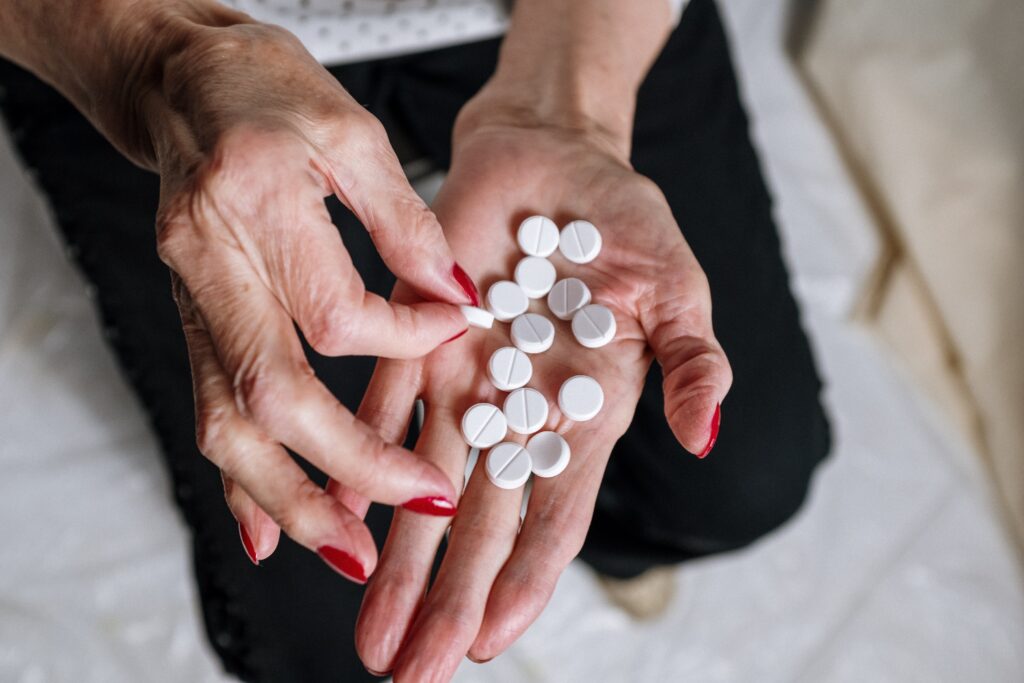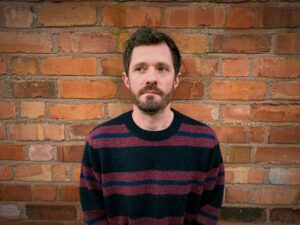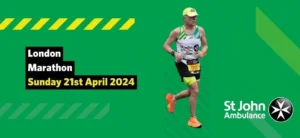Signs & symptoms of prescription drug addiction

If someone you love or care for is addicted to prescription drugs, they will display several signs and symptoms that are generic to all prescription drugs.
We’ve asked the specialist team at Delamere Health Cheshire to reveal how to recognise a prescription drug addiction.
These symptoms will be very similar, whether the person is a teenager or an adult or taking a stimulant or depressant prescribed drug.
Physical signs and symptoms include:
Withdrawal symptoms when they run out of the prescription drug – Prescription drug withdrawal symptoms vary depending on the type of drug, frequency of administration and duration of addiction and dosage. Displaying withdrawal symptoms indicates prescription drug dependence.
Compulsive drug-seeking and taking – Even when the individual wants to stop taking the prescribed drug they are compelled to keep taking it.
Change in sleep patterns – They may sleep more or less than usual or at different times (i.e. throughout the day or be awake all night).
Change in appetite and weight – Prescription drugs may increase or suppress appetite. When abused, changes in appetite and weight become more apparent.
Mixing prescription drugs with alcohol or other drugs – Those addicted to prescription drugs will naturally seek to get high. If they become tolerant of a prescribed drug, they may start drinking alcohol, taking other drugs or medication to increase euphoric effects.
Taking increasing amounts of prescription drugs – Prescription drug addiction causes the individual to become tolerant to the effects they initially gained from taking the medication. Therefore, they are likely to keep increasing the amount of the prescribed drug that they take or change to a more powerful one, with or without their prescribers knowledge.
Change in appearance – Someone addicted to prescription drugs is likely to take less interest in their hygiene and appearance.
Frequent intoxication – Those that are addicted to prescription drugs will have little control over their usage. This results in frequent intoxication. Dependent on the drug, prescription drug intoxication may present as very tired, difficulty staying awake, slurred or slowed speech, difficult to engage with, OR full of energy, confident and unusually chatty.
Suffering negative consequences as a direct result of their prescription drug taking – A strong characteristic of drug addiction is the continuation to take drugs despite negative consequences. This may include: accidental overdose, break down of a relationship, breaking the law, financial difficulties, consequences at work, physical and mental health problems, social and family problems.
Prioritising taking prescription drugs – An individual addicted to prescription drugs will prioritise their prescription drug taking over everything else. This includes basic nutritional needs, work, family, finances, friends, social life and quality of life.
Psychological signs and symptoms include:
Severe mood swings -Following on from abusing prescription drugs, there will be a comedown period. The individual may appear agitated, anxious, panicky, paranoid and depressed.
Changes in character and behaviour – An individual who abuses prescription drugs may act out of character and behave impulsively with little or no thought to possible consequences.
Changes in social interaction – Someone who is abusing prescription drugs may start to socialise with a different circle of friends or adversely isolate on their own.
Loss of interest in things they used to enjoy – This may include hobbies and time spent with family and friends.
Suffer consequences as a direct result of prescription drug abuse – They may start to fall behind at school or suffer consequences at work, physically or mentally, or have problems within their family and social environment.




